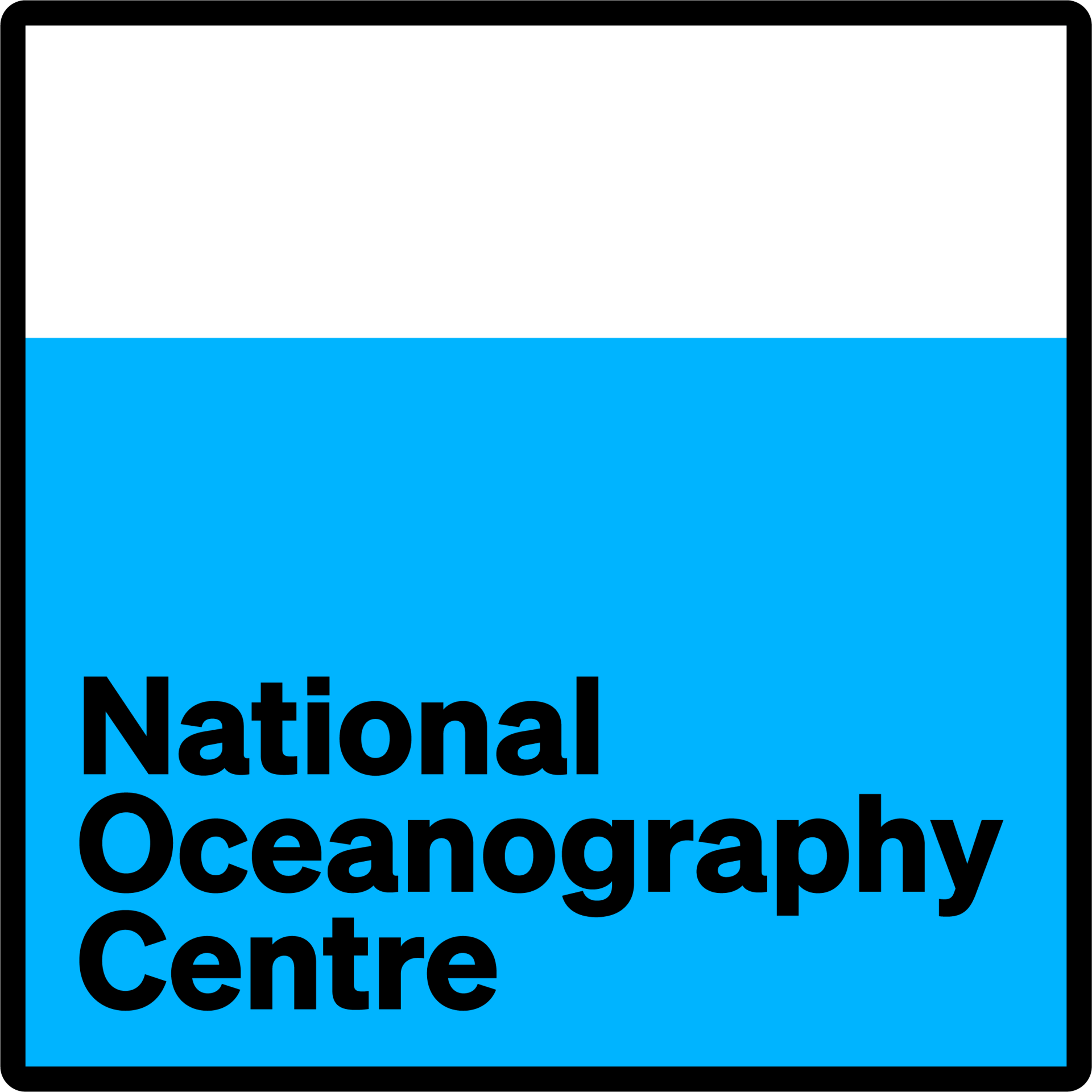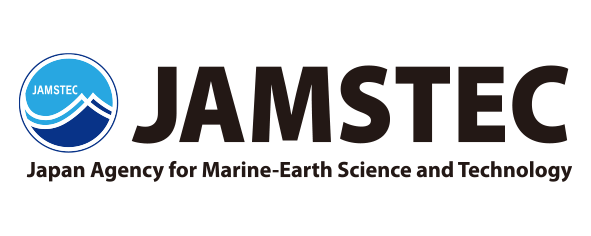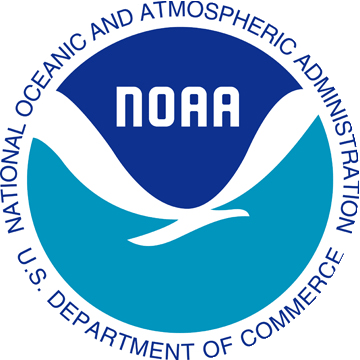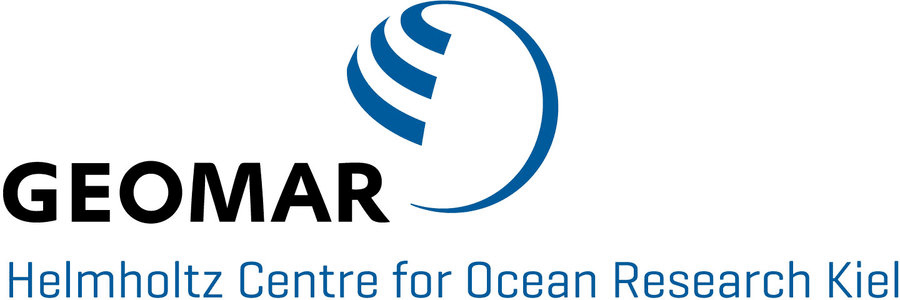Organised by the POGO Biological Observations Taskforce, and aimed at scientists, engineers and natural resource managers interested in advancing eDNA/omics implementation in marine environments.
You can view the plenary talks from this event at the following YouTube link:
[embedyt] https://www.youtube.com/embed?listType=playlist&list=PL3Mh9bBxde-VjlHf1h77Y7BulWF9wUWMe&layout=gallery[/embedyt]
Please see below for the original workshop announcement.
For any other questions related to this event, please contact Brandi Bangle (bbangle@ucsd.edu) at Scripps.
Dates: 30 November – 3 December, 2020
Costs: There is no cost to participate in the workshop.
Who should attend? Scientists, engineers and natural resource managers interested in advancing eDNA/omics implementation in marine environments. We encourage early career practitioners to attend and they will be given an active role in the program.
Registration: For planning purposes, please register here no later than 6 November, 2020.
Workshop Sponsors: POGO and the Lounsbery Foundation
Description
The use of environmental DNA (eDNA) and other omics analyses in studies of marine ecosystems has blossomed. Both scientists and managers hope that the rigorous development of these analyses will allow us to address important science and management questions through our ability to census marine biota across multiple trophic levels with a single sample of DNA. Species of special interest for eDNA observation include those that are commercially important, protected, or invasive. The techniques are also amenable to automation in situ and deployment in global observing systems. At this time there are significant challenges to making rapid and major advances in understanding the techniques and their application to decision-making and management related to both analytical methods and strategies for sampling. The UN Decade of Ocean Science for Sustainable Development offers the potential to engage scientists and managers around the world to resolve these challenges and develop an observational strategy that can answer critical questions for each. Building on the call to action at OceanObs19 for enhancing biodiversity observations as well as the growing number of organisations fostering omics and eDNA development, this meeting will provide an opportunity to envision what a sustainable global omics/eDNA monitoring system could look like and will (i) promote global coordination among the organisations that are fostering eDNA and omics for marine environments, and (ii) coordinate efforts to develop a programme proposal in response to the call for action from the UN Decade of Ocean Science for Sustainable Development.
Workshop Organizers:
- Dr. Francisco Chavez, Monterey Bay Aquarium Research Institute, Workshop Co-Chair
- Dr. Margaret Leinen, Scripps Institution of Oceanography at UC San Diego, Workshop Co-Chair
- Dr. Nic Bax, Commonwealth Scientific and Industrial Research Organisation (Australia)
- Dr. Pier Luigi Buttigieg, Helmholtz Metadata Collaboration / GEOMAR Helmholtz Centre for Ocean Research (Germany)
- Dr. Kelly Goodwin, National Oceanic and Atmospheric Administration (USA)
- Dr. Julie Robidart, National Oceanography Centre (UK)
- Dr. Willie Wilson, Marine Biological Association (UK)
- Dr. Kevan Yamahara, Monterey Bay Aquarium Research Institute (USA)
Virtual Platform:
Format:
Plenary sessions:
Asynchronous. Approximately two plenary talks each day. Plenaries will be recorded and participants asked to watch ahead of time and provide questions for a live Q&A panel. The Q&A panel will be recorded.
Breakouts:
Synchronous. Breakout sessions will be included each day to discuss each day’s topics in more detail. These will be offered at two different times during the day to accommodate different time zones.
Final Day:
There will be a general/wrap up session on the final day scheduled to accommodate as many participants as possible across all time zones. This session will summarize the workshop and outline next steps toward fostering coordination among groups fostering eDNA study and towards a UN Ocean Decade programme proposal for eDNA studies as part of the Decade.
Draft Schedule
Day 1
30 November – Vision for Conference and summary of science and technology now
Conveners:
- Dr. Julie Robidart, National Oceanography Centre (UK);
- Dr. Kevan Yamahara, Monterey Bay Aquarium Research Institute (USA)
Summary:
The state of science and technology in environmental DNA will be addressed through examples of successful applications of eDNA in biodiversity science and conservation. The day will end with a survey of current tools for high-resolution eDNA surveillance and datasets to demonstrate their utility, with a vision towards the future of global eDNA observations for in-depth marine ecology.
Speakers:
- Dr. Michael Bunce, Curtin University (Australia)
- Dr. Francisco Chavez, Monterey Bay Aquarium Research Institute (USA)
- Dr. Bruce Deagle, CSIRO Australian National Fish Collection (Australia)
- Mr. Peter Thielen, Johns Hopkins University (USA)
Day 2
1 December – Data and Information
Convener:
- Dr. Pier Luigi Buttigieg, Helmholtz Metadata Collaboration / GEOMAR (Germany)
Summary:
Through systems such as the International Nucleotide Sequence Database Collaboration (INSDC) and global standards like FASTA/Q format, the eDNA/omics community have benefitted from world-class data and information resources. However, our handling of what is, from our perspective, “metadata” and participation/interoperability with data systems from other disciplines is still in need of advancement. In the marine realm, we now have new opportunities to augment our digital capacities while aligning them with global digital strategies such as those within the UN Decade of Ocean Science for Sustainable Development. This session will explore some examples of how this is already taking place, and will welcome discussion on how we can collectively mainstream sequence data (as well as the information and knowledge derived from it) in the emerging digital ocean ecosystem.
Speakers:
- Mr. Ward Appeltans, Ocean Biodiversity Information System (Belgium)
- Dr. Saara Suominen, IOC Project Office for IODE (Belgium)
- Ms. Raïssa Meyer, Alfred Wegener Institute, Helmholtz Centre for Polar and Marine Research (Germany)
- Dr. Rob Finn, European Bioinformatics Institute (EMBL-EBI) (UK)
Day 3
2 December – eDNA Management and Policy Applications
Convener:
- Dr. Kelly Goodwin, National Oceanic and Atmospheric Administration (USA)
Summary:
eDNA applications are broad and existing policy and management frameworks vary. This session will provide example use cases in marine environments and discuss requirements for eDNA observing program products to be incorporated into management and policy, including sustainable development applications. Relevant topics include operational requirements for spatial and temporal coverage, meeting uncertainty and reproducibility metrics, and maintenance of sample archives.
Speakers:
- Dr. Andrew (Ole) Shelton, Northwest Fisheries Science Center (USA)
- Dr. Mark Stoeckle, Rockefeller University (USA)
Day 4
3 December – Science questions and design of sustained field campaigns in support of UN Decade of Ocean Science for Sustainable Development.
Conveners:
- Dr. Nic Bax, Commonwealth Scientific and Industrial Research Organisation (Australia);
- Dr. Willie Wilson, Marine Biological Association (UK)
Summary:
There is an increasing need for globally coordinated marine science solutions towards “conserving and sustainably using the oceans, seas and marine resources for sustainable development”; all clearly articulated in the UN’s sustainable development goal 14 (SDG14) and part of the Convention on Biological Diversity post-2020 framework and the UN Decade.
A programme of eDNA technology development and observation would be a major step toward the ecological challenges identified by the Ocean Decade and the outcomes desired from meeting those challenges. Our session will explore how we could further develop and/or learn from current observation systems to imagine what a sustainable global eDNA monitoring system could look like and what it will take to get there by 2030.
Speakers:
- Dr. Neil Davies, Chair Genomics Observatories Network (USA)
- Dr. Margaret Leinen, Scripps Institution of Oceanography at UC San Diego (USA)
- Dr. Patricia Miloslavich, SCOR–Scientific Committee on Oceanic Research (Venezuela)
Questions?
If you have any questions about the workshop, please contact Brandi Bangle at bbangle@ucsd.edu








